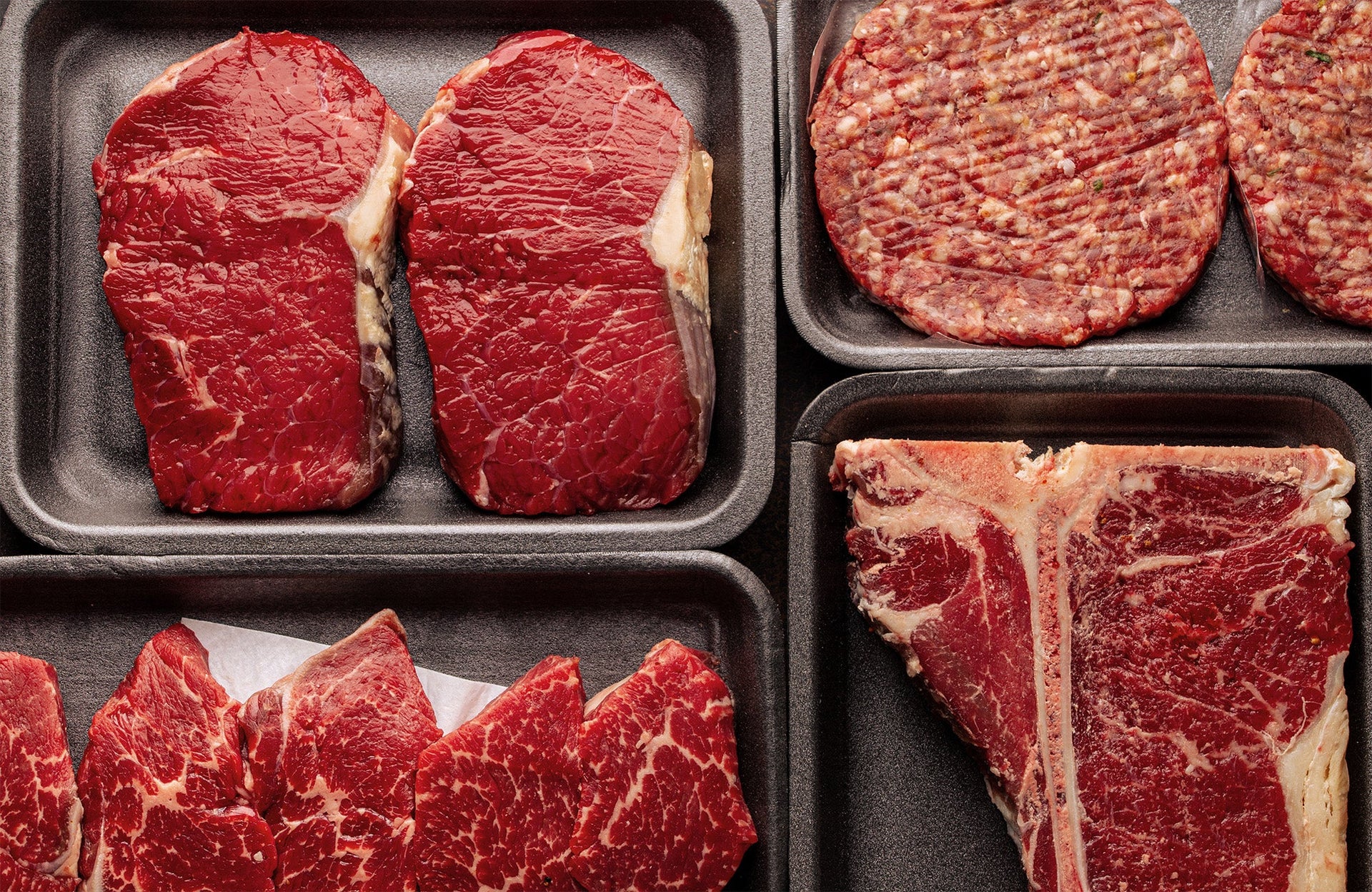Red meat has long been a staple of the British diet, whether enjoyed as a Sunday roast, tucked into a comforting shepherd's pie, or sizzling on the grill. While it occasionally faces criticism in the media, red meat remains one of the most nutrient-dense and complete foods you can include in your diet. From high-quality protein to an array of essential vitamins and minerals, red meat offers health benefits that are often overlooked.
In this blog, we’ll explore the nutritional power of red meat, bust a few myths along the way, and help you better understand how responsibly sourced, quality cuts—like those from Butchery Bocs—can play a valuable role in a balanced, healthy lifestyle.
A Natural Source of High-Quality Protein
Protein is essential for the body’s growth, repair, and maintenance. Red meat, including beef and lamb, is one of the best sources of complete protein—meaning it contains all nine essential amino acids that the human body cannot produce on its own.
For those who are active, recovering from illness, or simply want to maintain strong muscles and bones, red meat is an excellent way to meet your protein needs without resorting to processed or artificial protein supplements. A 100g serving of cooked lean beef provides around 25g of protein, making it a powerhouse for everyday nutrition.
Rich in Essential Vitamins
One of red meat’s strongest nutritional assets is its vitamin content, particularly B vitamins. These play vital roles in everything from brain function to energy metabolism:
-
Vitamin B12: Red meat is one of the most reliable sources of B12, a nutrient essential for maintaining healthy nerve cells and producing DNA. Deficiency can lead to fatigue, memory problems, and even anaemia.
-
Vitamin B6: Important for protein metabolism and immune function.
-
Niacin (B3): Helps maintain healthy skin and nerves and has cholesterol-lowering properties.
-
Riboflavin (B2): Crucial for energy production and eye health.
Unlike plant-based sources, red meat offers these B vitamins in forms that are more easily absorbed by the body.
Packed with Important Minerals
Red meat is a key provider of minerals that can be difficult to obtain in sufficient quantities elsewhere:
-
Iron: Perhaps the most well-known benefit, red meat provides heme iron, which is more readily absorbed than non-heme iron found in plant sources. Iron is critical for transporting oxygen in the blood and preventing iron-deficiency anaemia, which is especially common in women and children.
-
Zinc: Supports immune function, wound healing, and DNA synthesis.
-
Selenium: Plays a role in metabolism and thyroid function.
-
Phosphorus: Essential for strong bones and teeth.
In moderate amounts, these minerals contribute significantly to maintaining health and preventing nutrient deficiencies.
Supporting Mental Health & Cognitive Function
Research suggests that regular, balanced consumption of red meat may support mental wellbeing. This is likely due to its high levels of B vitamins, iron, and zinc—all of which contribute to optimal brain function. B12, in particular, has been linked to a reduced risk of depression and cognitive decline.
Additionally, iron deficiency—more common in those who avoid meat—can lead to fatigue, poor concentration, and irritability. By incorporating quality red meat into your diet, you can help support both your mental and physical energy levels.
Misconceptions and Moderation
There has been much debate about the health implications of red meat. While some studies suggest a link between excessive red meat consumption and health risks, the key word here is excessive. It’s important to distinguish between processed red meats—like sausages and cured meats high in salt and preservatives—and fresh, unprocessed cuts.
Moderation and quality are crucial. Eating moderate amounts of high-quality, unprocessed red meat as part of a varied diet is not only safe for most people—it’s beneficial.
The NHS recommends up to 70g of cooked red meat per day. That’s roughly one lamb chop or half a burger. For many, this fits comfortably into a balanced diet that also includes plenty of vegetables, grains, legumes, and healthy fats.
Red Meat in a Balanced Diet
The key to including red meat in your lifestyle is balance. Here are some easy ways to enjoy red meat healthily:
-
Pair it with plenty of colourful vegetables for a nutrient-dense plate.
-
Choose lean cuts such as sirloin, tenderloin, or trimmed lamb leg.
-
Cook with minimal added fats—grill, roast, or air-fry instead of deep-frying.
-
Use herbs and spices for flavour instead of high-salt seasonings.
At Butchery Bocs, our meat is ethically sourced, and we take pride in delivering Welsh meat that supports local farmers and traditional butchery skills. You can enjoy red meat knowing it’s been raised responsibly and prepared with care.
Final Thoughts
Red meat remains one of the most nutritionally valuable foods you can enjoy—rich in protein, vitamins, and minerals that support energy, immunity, brain health, and overall wellbeing. The key is to enjoy it as part of a balanced, varied diet and to choose high-quality sources.
At Butchery Bocs, we believe in good meat done well. Our range of grass-fed beef and lamb, responsibly sourced and expertly prepared, helps you make health-conscious choices without compromising on taste.
